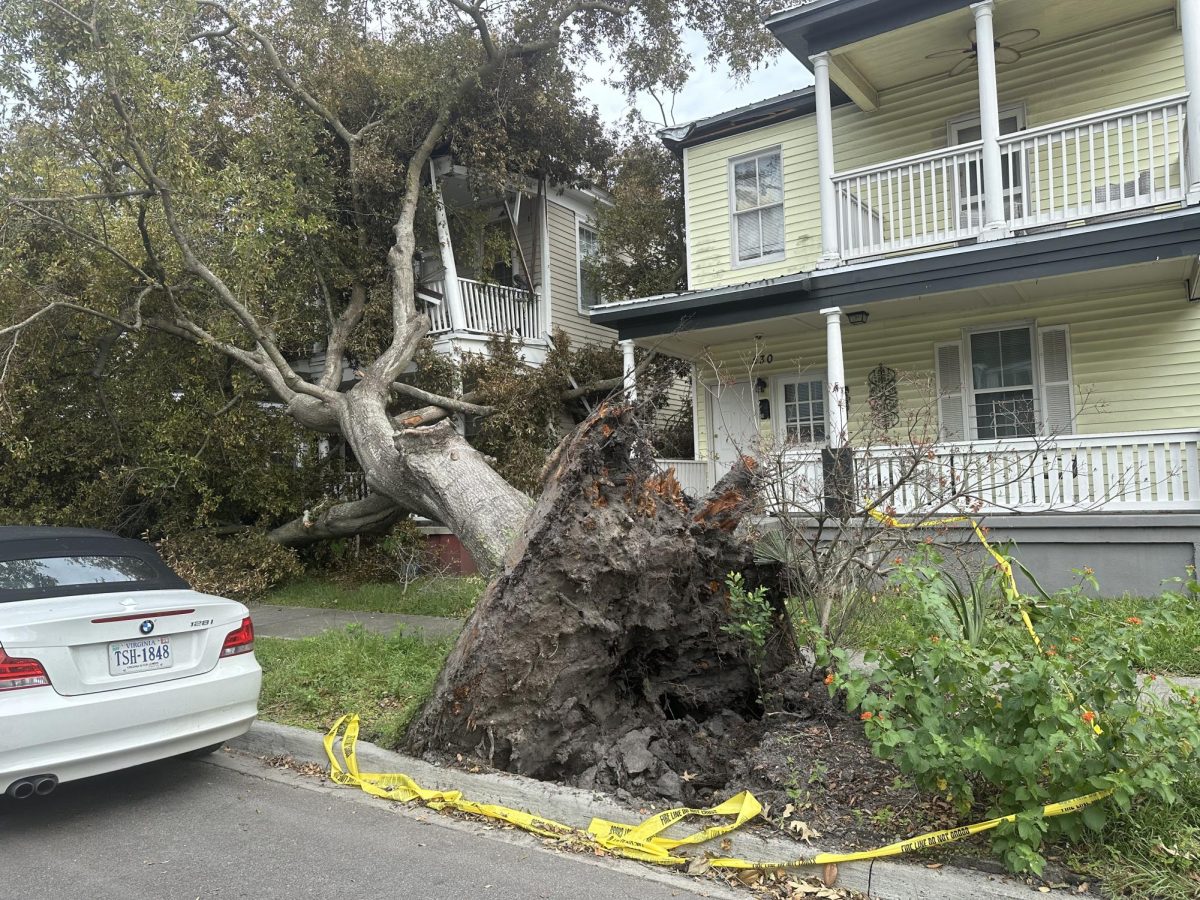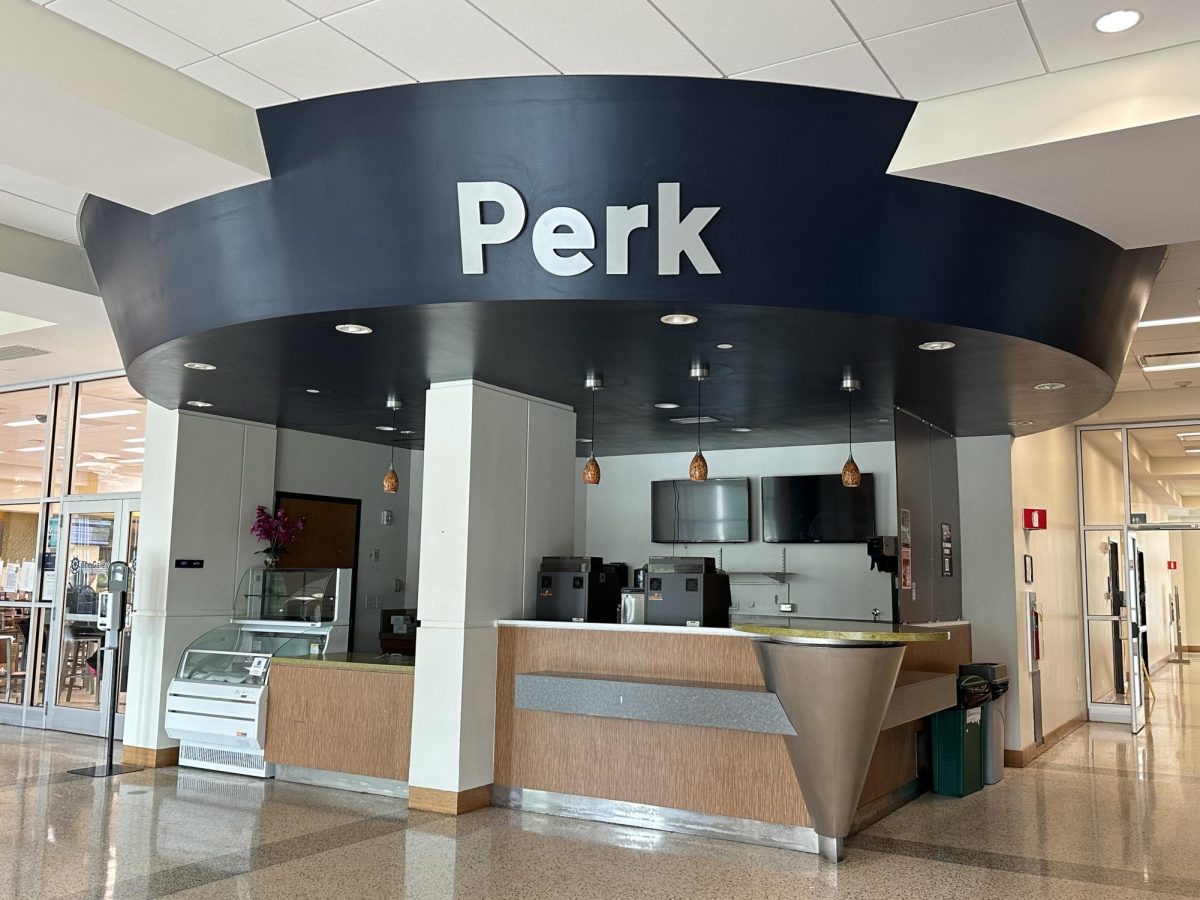By Charity Williams, Web Editor
web.inkwell@gmail.com
A few weeks ago, Pi Kappa Alpha fraternity held its annual “48 Hours Homeless” event on campus to raise awareness about Savannah’s homeless population and collect donations. But what about the homeless population that are right here on campus with Armstrong’s very own students?
Many of us don’t seem to think about homelessness in terms of college students. We tend to associate homelessness with certain images and qualities that don’t involve a college degree when, in fact, homeless college students are a reality that campuses around the country are faced with.
In 2012-2013, the Free Application for Federal Student Aid (FAFSA) reported that over 58,000 students were homeless. Five years later that number may be higher including many numbers not being reported at all or that some students don’t realize that they are homeless.
Homelessness for college students can happen for a variety of reasons-including not having the financial security of parents or not getting enough money from financial aid to help afford housing.
In a U.S. News article titled “A New Focus on College Campuses: Ending Housing Insecurity,” Caroline Vakil wrote that “at least one-third of students at two-year colleges and 11 percent to 19 percent of students at four-year schools face housing insecurity, a study published in Educational Researcher said.”
Also, there are problems that are posed by colleges themselves as some campuses choose to close dorms during breaks. Many students depend on university housing and when these dorms close that puts many students out on the streets.
“Armstrong should provide lower housing costs for people who need to stay over the break,” says an Armstrong student who finds it “disappointing” that the school doesn’t reduce prices for students who have nowhere else to go on breaks.
Although dorms on the Armstrong campus remain open and students are free to stay during Spring Break and Thanksgiving, for longer breaks like Winter Break, students are not allowed to stay without payment and approval.
Along with homelessness, students also face a variety of other problems like not having enough to eat.
Armstrong’s Captain’s Cupboard Food Pantry caters to this problem. The Captain’s Cupboard is an emergency food service program that serves students, faculty, and staff.
This food program allows for approved individuals to receive a bag of food every week. For information about the Captain’s Cupboard, please contact the Dean of Students Office at 912.344.2514 or armdeanofstudents@georgiasouthern.edu.
Student homelessness is part of a bigger problem of financial aid and college affordability that affects the whole country.
Efforts to help this pressing problem came with the last reauthorization of the Higher Education Act in 2008. The Higher Education Act of 1965 (HEA) was passed to support educational resources of colleges as well as to provide financial aid for college students.
The reauthorization of the act was set to happen in its expiration year of 2013 but was extended to 2015 and is still being considered in Congress where they are continuing to make changes. House Republicans are considering overhauling the entire act. Democrats agree with this possible overhaul but have differing opinions on how this new act should be.
“When members of this committee set out not just to reauthorize, but to reform higher education policy, we knew this would be a long and difficult process. But we also knew that reforms approved by the committee in the PROSPER Act would ultimately foster a higher education system that works for the students and families of today and tomorrow,” said Rep. Virginia Foxx, R-N.C. and chairwoman of the House Education and Workforce Committee in a U.S. News article titled “House Republicans Finalize Overhaul of Higher Education Act.”
New changes to the act could involve getting a new financial aid system that would make the application simpler and getting funds for college easier and more affordable for students.
Homelessness is an issue that affects all kinds of people including college students. Members of Congress are taking steps to fix this issue that not only affects Georgia campuses but other college campuses around the country.
Efforts are being made on campus to bring awareness of homelessness and to ameliorate this issue, but the end goal remains for all college students including those not yet in college to get an education that is more affordable and less of a financial burden.







